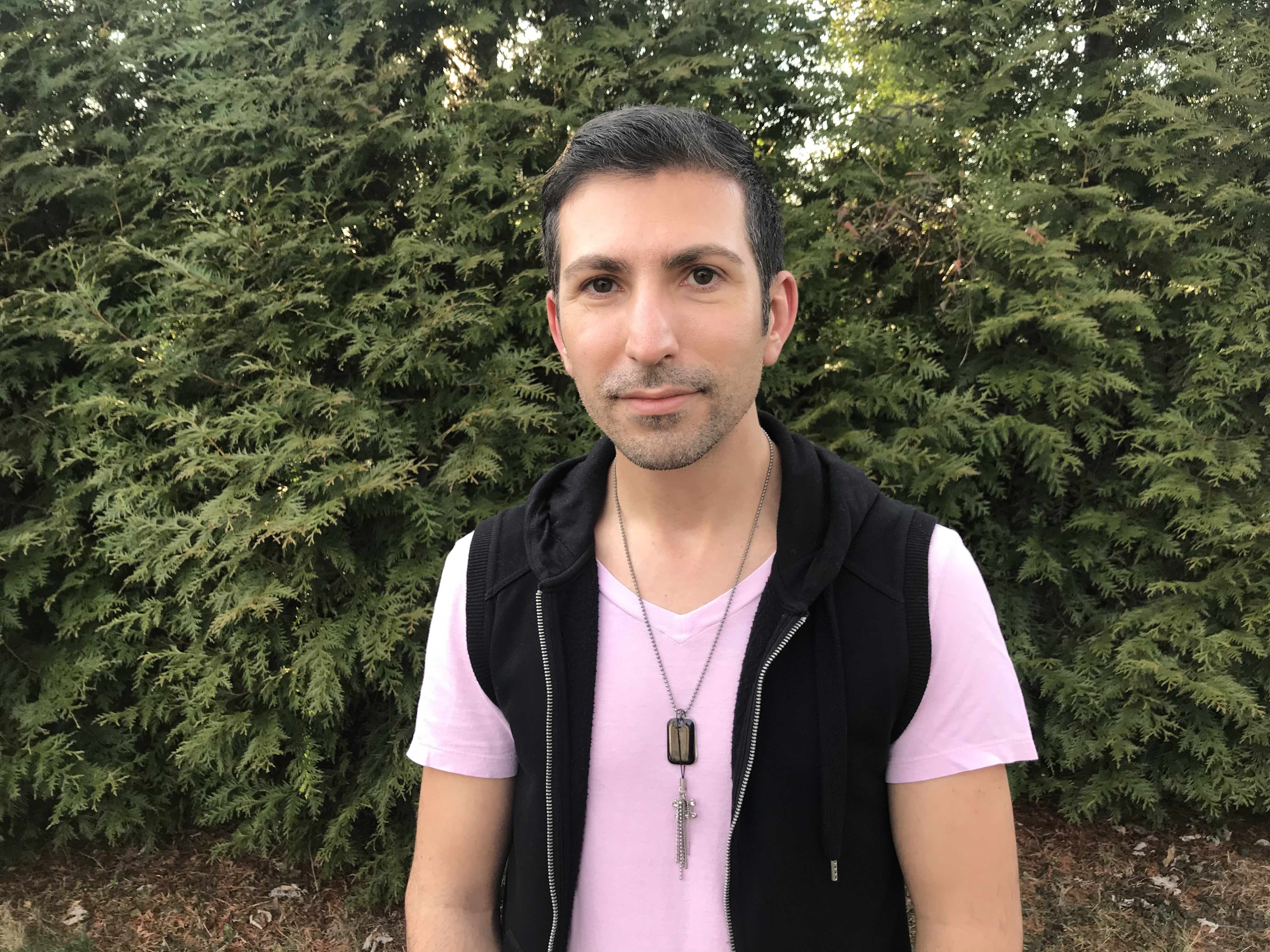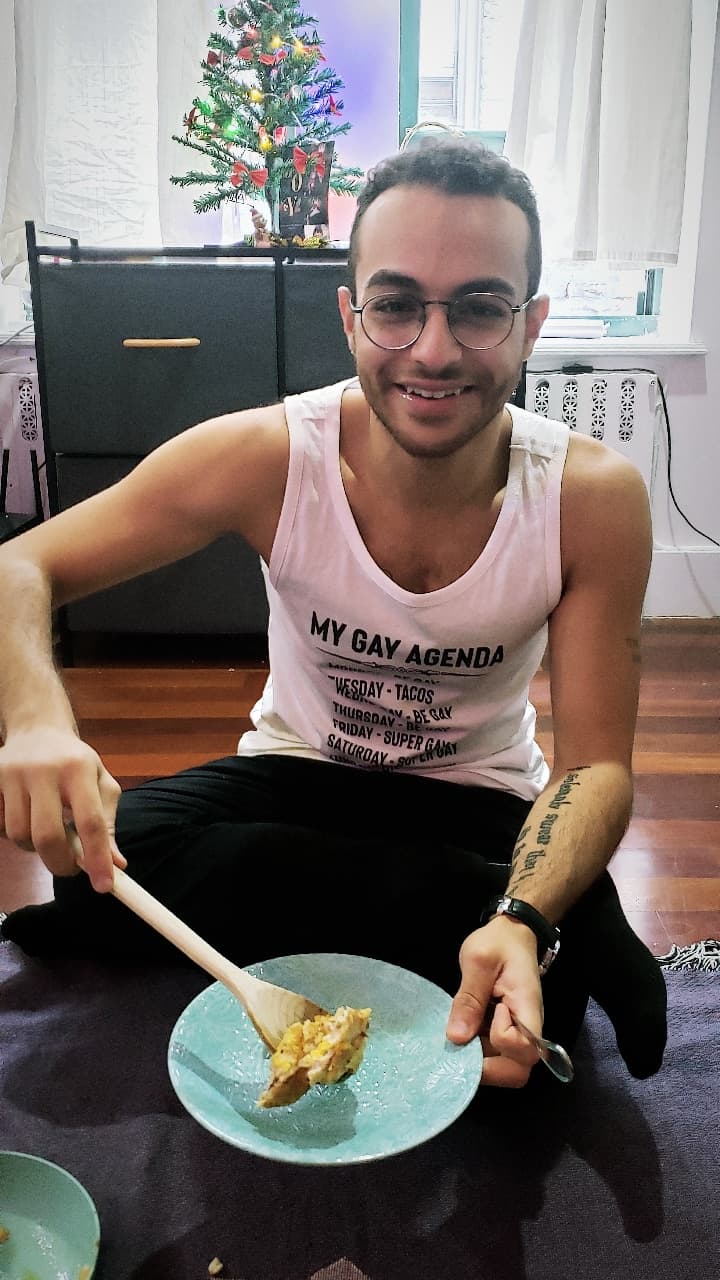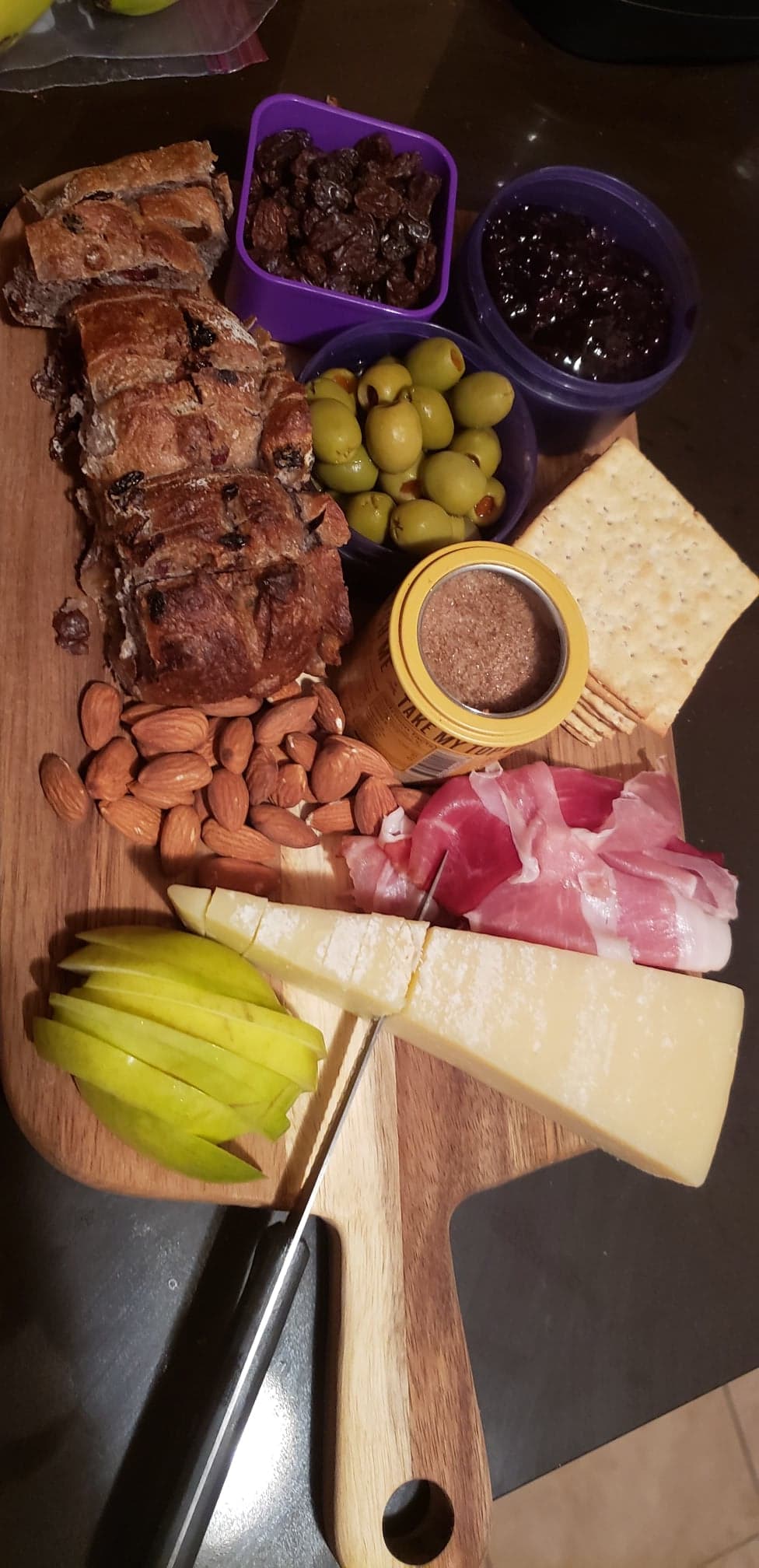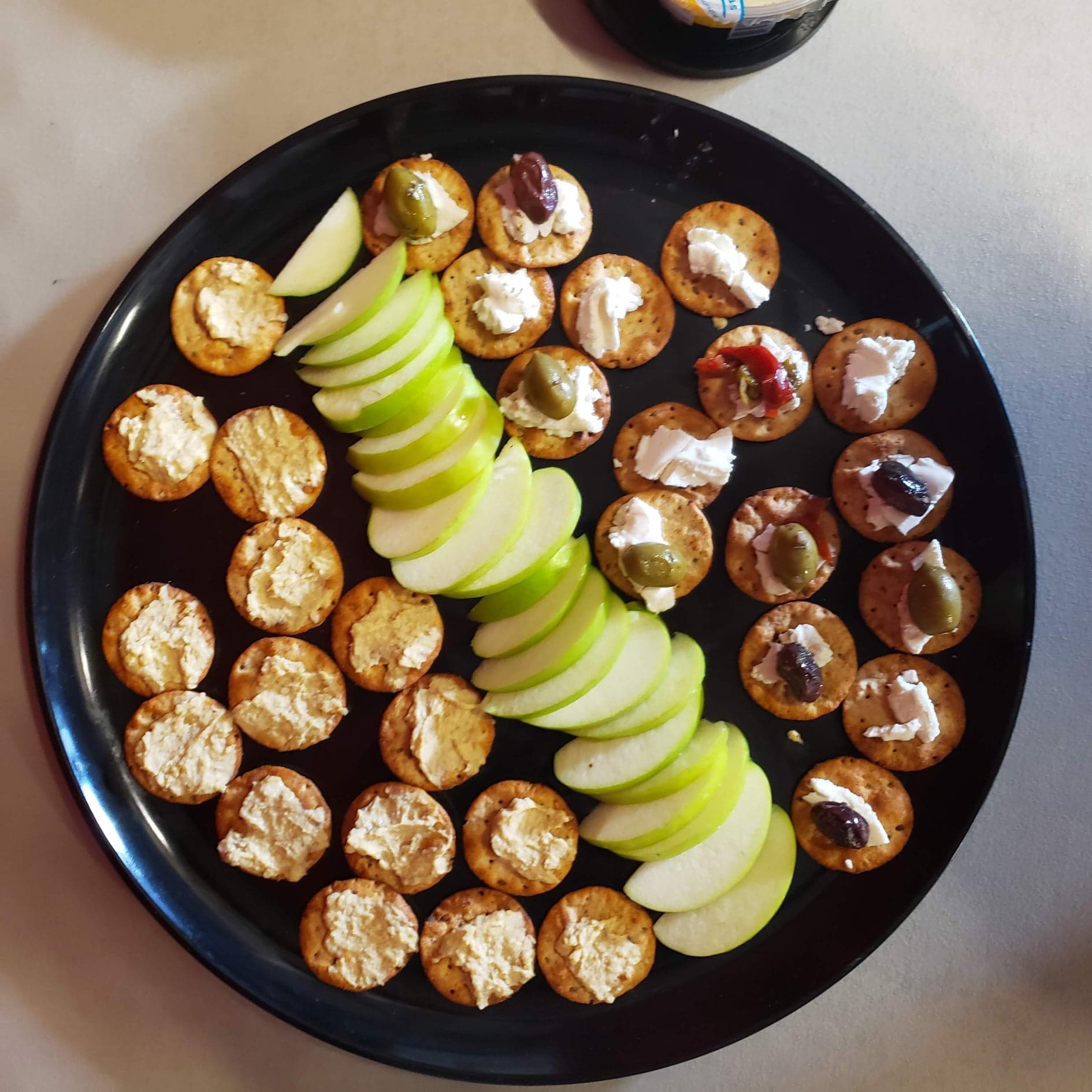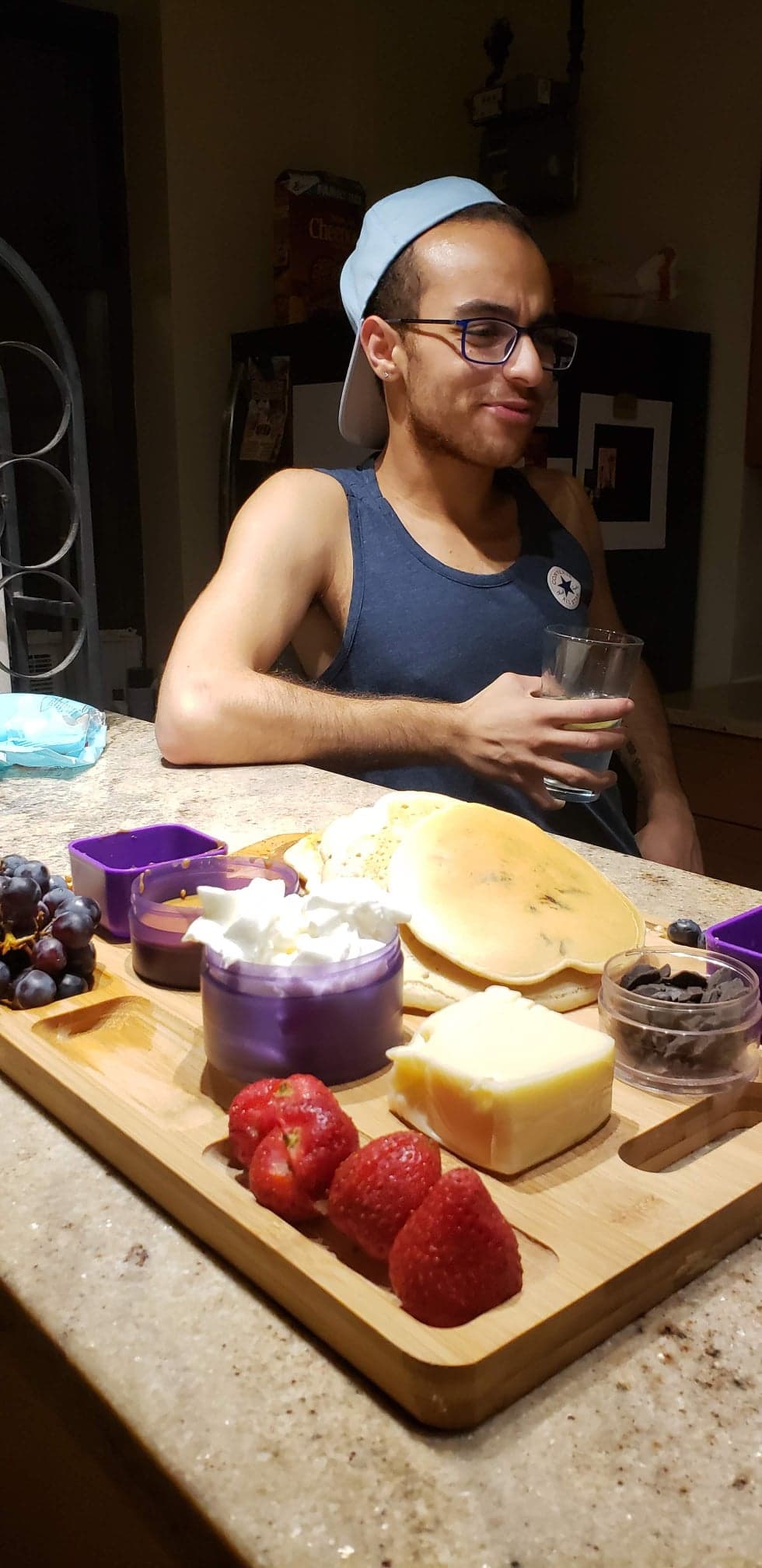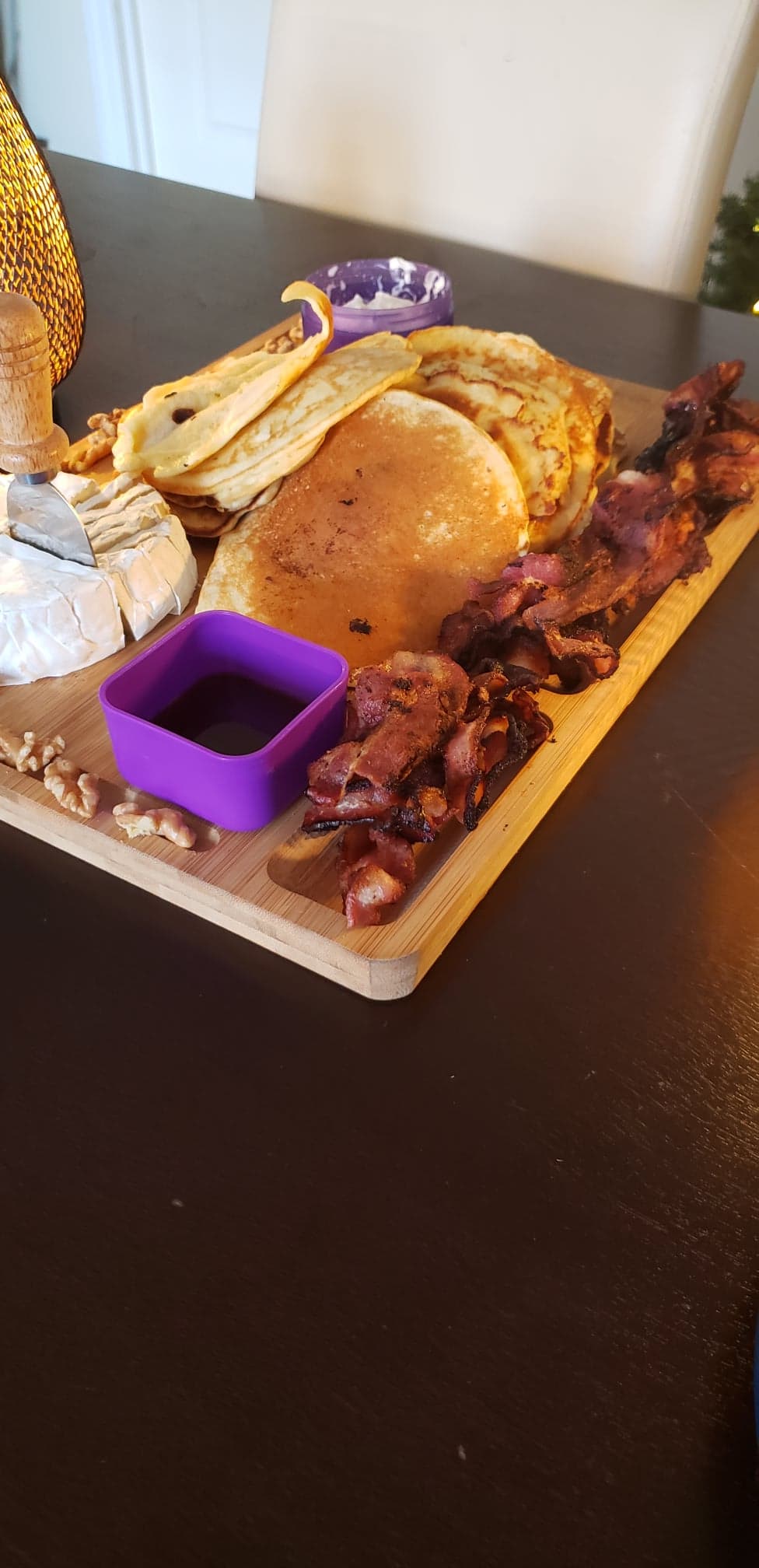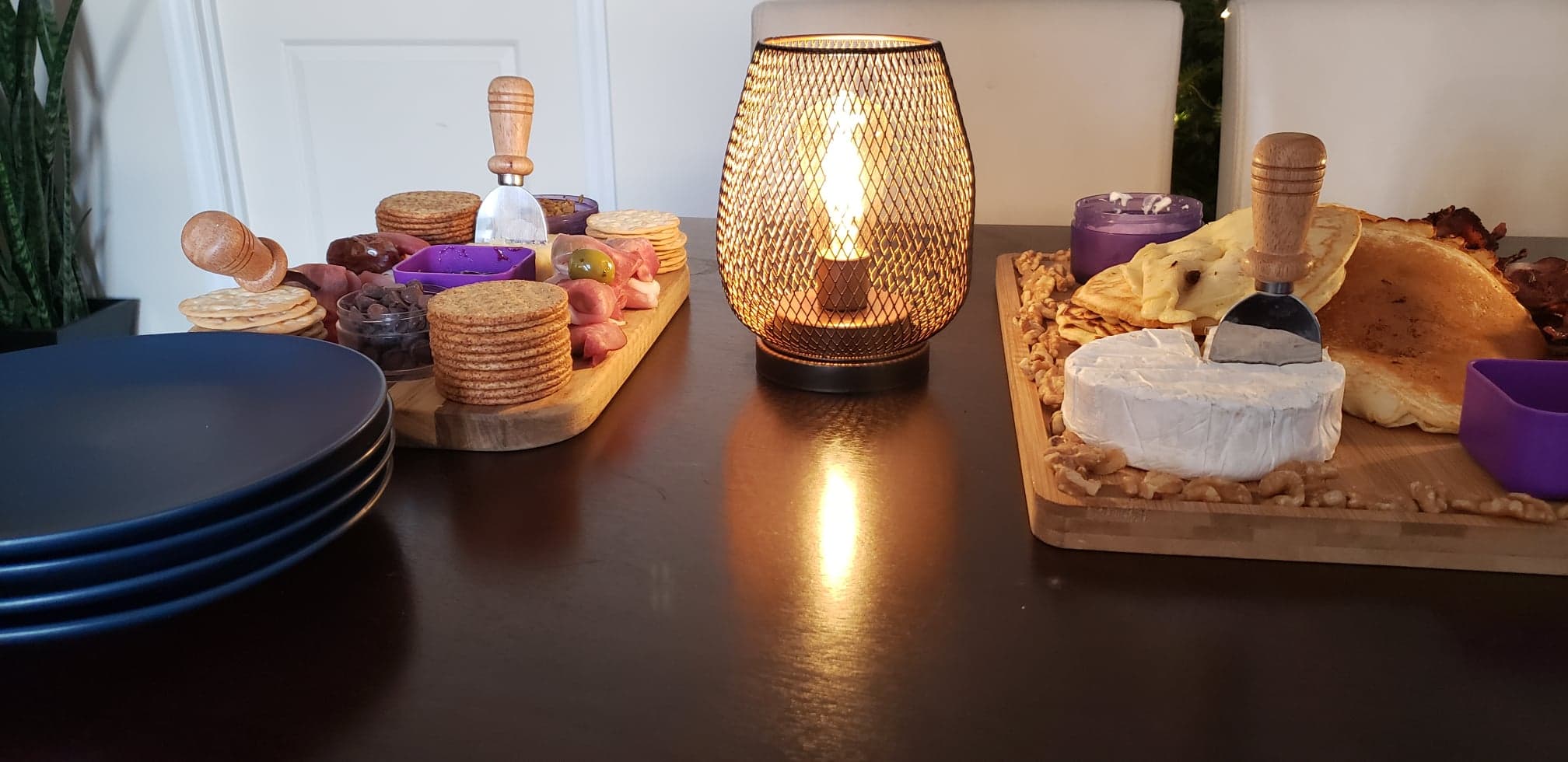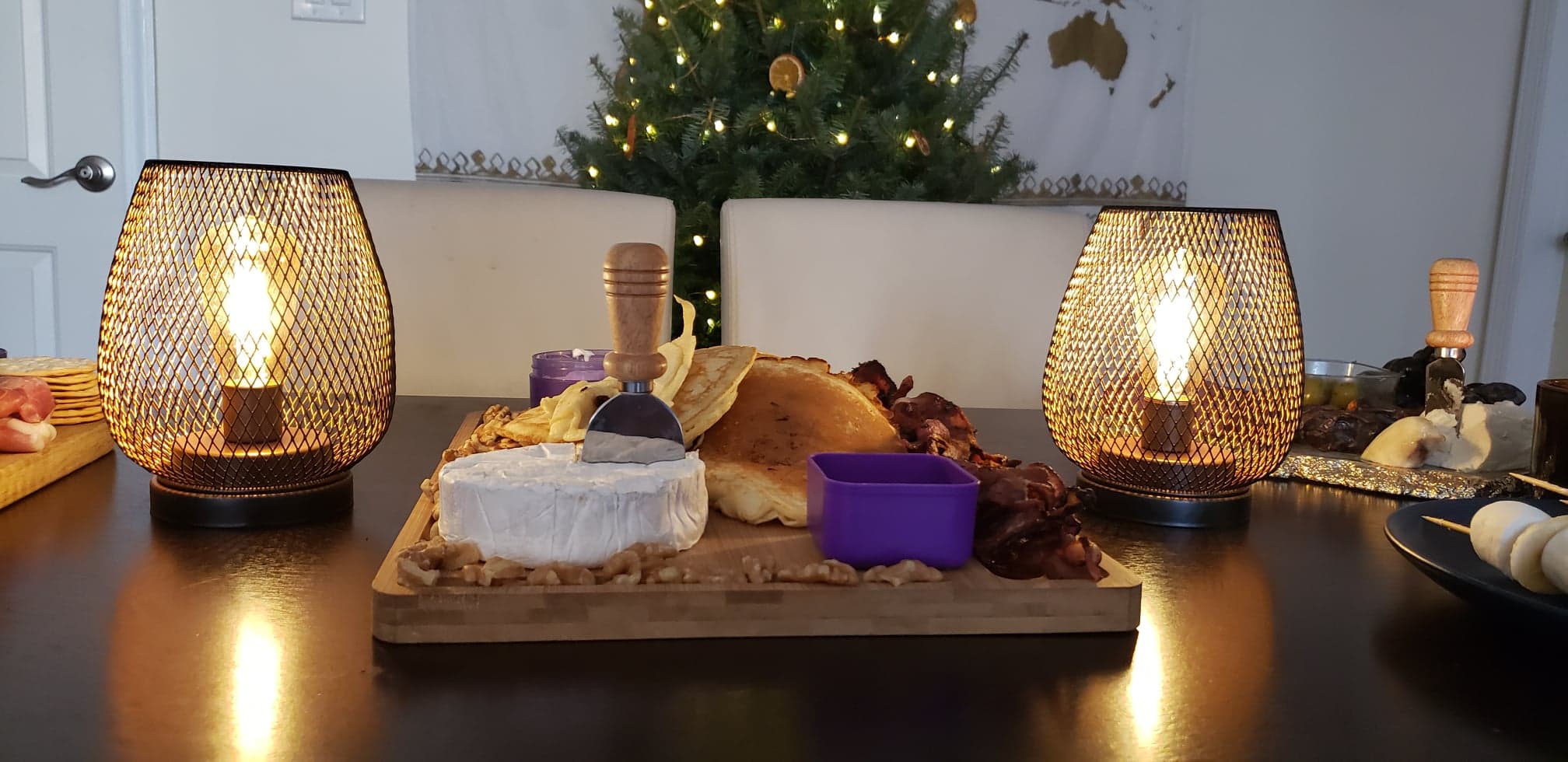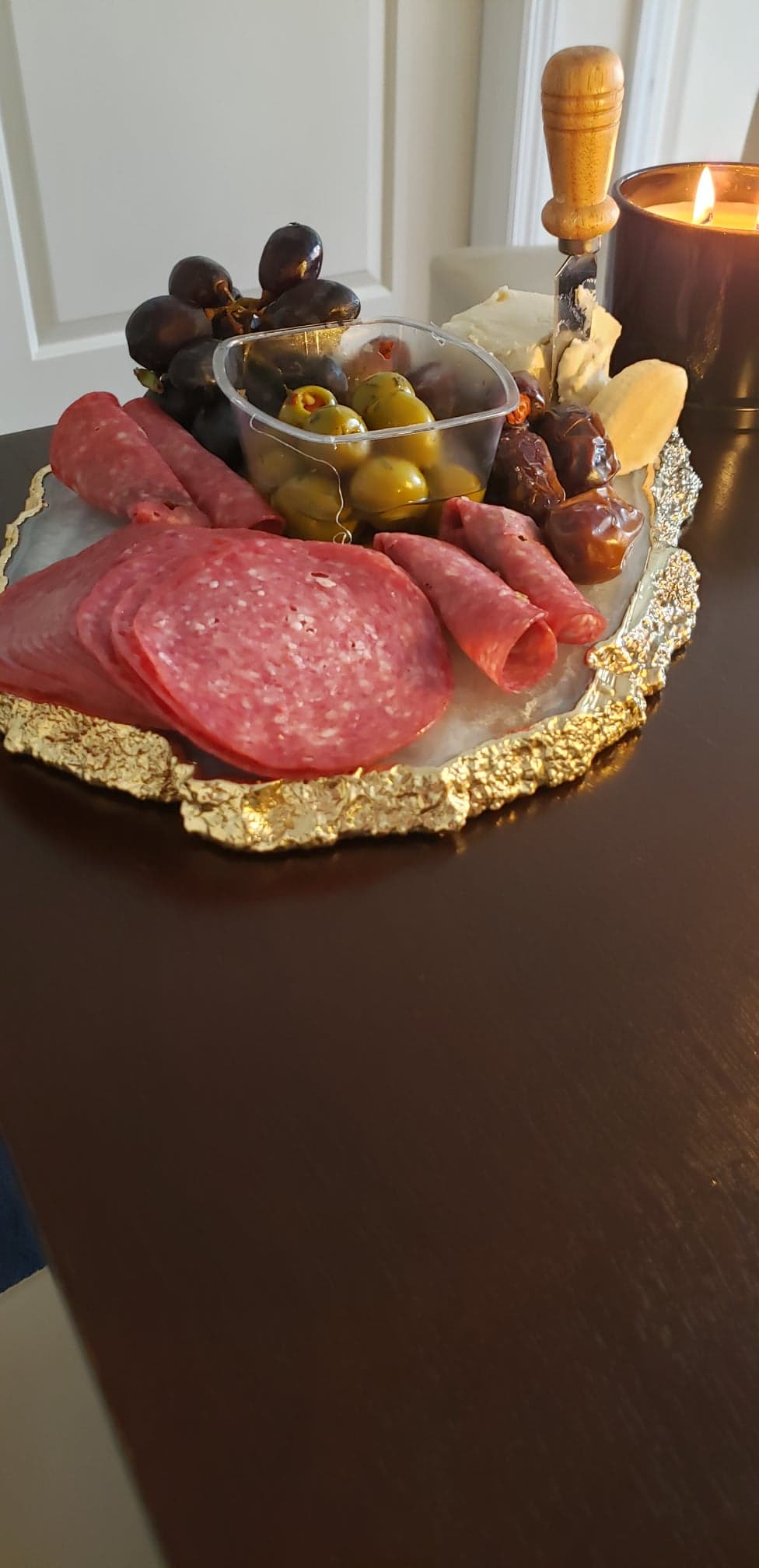Hamour Baika is a writer from Iran currently living in the DC area. His new novel On the Enemy’s Side explores the sociopolitical complexities of the Iranian Revolution through the lens of a forbidden same-sex relationship between a political prisoner and a guard. We discussed the historical inspiration and research process behind this novel, the different forms that racism takes in Iran and the US, his next work-in-progress, why we all hate listening to our recorded voices, and more!
(Bonus giveaway: Sign up for Hamour’s newsletter on HamourBaika.com for the chance to win a free audiobook!)
More background info from Hamour:
Author Bio
Hamour Baika was born in Iran and lived in Ahwaz during his teen years. He wrote his first novella, a fan fiction piece about the alien creature E.T. at age 12. Baika has a master’s degree in human rights. A painter and classical pianist, he now lives in the Washington, DC, metropolitan area. On the Enemy’s Side is his debut novel.
Synopsis
In 1980, as the world is captivated by the Iranian hostage crisis, aspiring doctor Hesam drops out of medical school in Rome and returns to Iran to serve his country. A member of the Revolutionary Guards Corps, he becomes a prison guard in Ahwaz, assigned to investigate and interrogate political prisoners. The more he learns about ethnic and religious tensions, however, the more he finds the concept of revolutionary justice questionable. Hesam finds solace in speaking with a defiant young prisoner with whom he develops a passionate bond. But when Hesam discovers damning evidence about the detainee, he has to choose between his political ideals and his conscience in a country where same-sex love is violently condemned.
